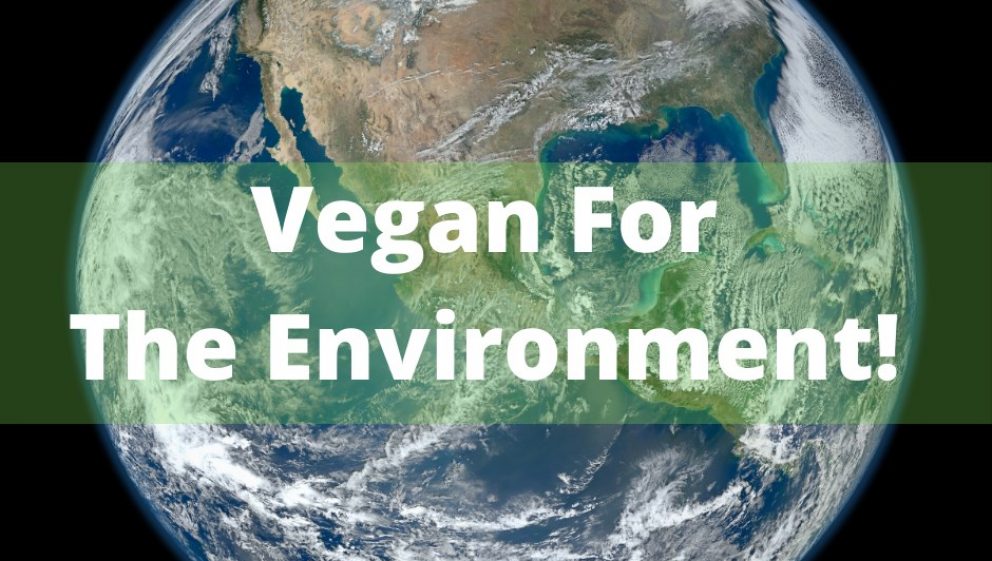The report, Farming for Failure, features an analysis of the latest figures from meat and dairy production and the emissions caused by it. In 2018, data from the UN Food and Agriculture Organization (FAO) showed that animals on EU farms (including the UK) were responsible for 502 million tonnes of carbon dioxide per year, mostly through methane, compared with 656 million tonnes produced from cars and vans in the same year in the EU. However, this does not take into account indirect greenhouse gas emissions caused by deforestation and land use changes associated with growing animal feed.
When these indirect emissions are calculated, the total annual emissions of EU livestock farms are equivalent to 704 million tonnes of carbon dioxide.
Marco Contiero, agriculture policy director for Greenpeace, told The Guardian:
“Science is clear, the numbers as well: we can’t avoid the worst of climate breakdown if politicians keep defending the industrial production of meat and dairy.”
Following this report, Greenpeace is calling for an end to public subsidies for ‘industrial-scale’ animal farming under the EU’s common agriculture policy.
Evidently, these numbers are staggering and show the urgent need for everybody to play their part. Of course, politicians need to stop supporting environmentally damaging animal agriculture through subsidies and deregulation, but it is our responsibility as individuals to do our best, and the best we can do is to adopt a plant-based diet.
Research from the University of Oxford shows that the carbon footprint of a vegan can be as much as 60% smaller than a meat-based one. In addition to this, a vegan diet requires less land, resources, and, as this latest report says, produces fewer greenhouse gas emissions.
Read more about how veganism is better for the planet


